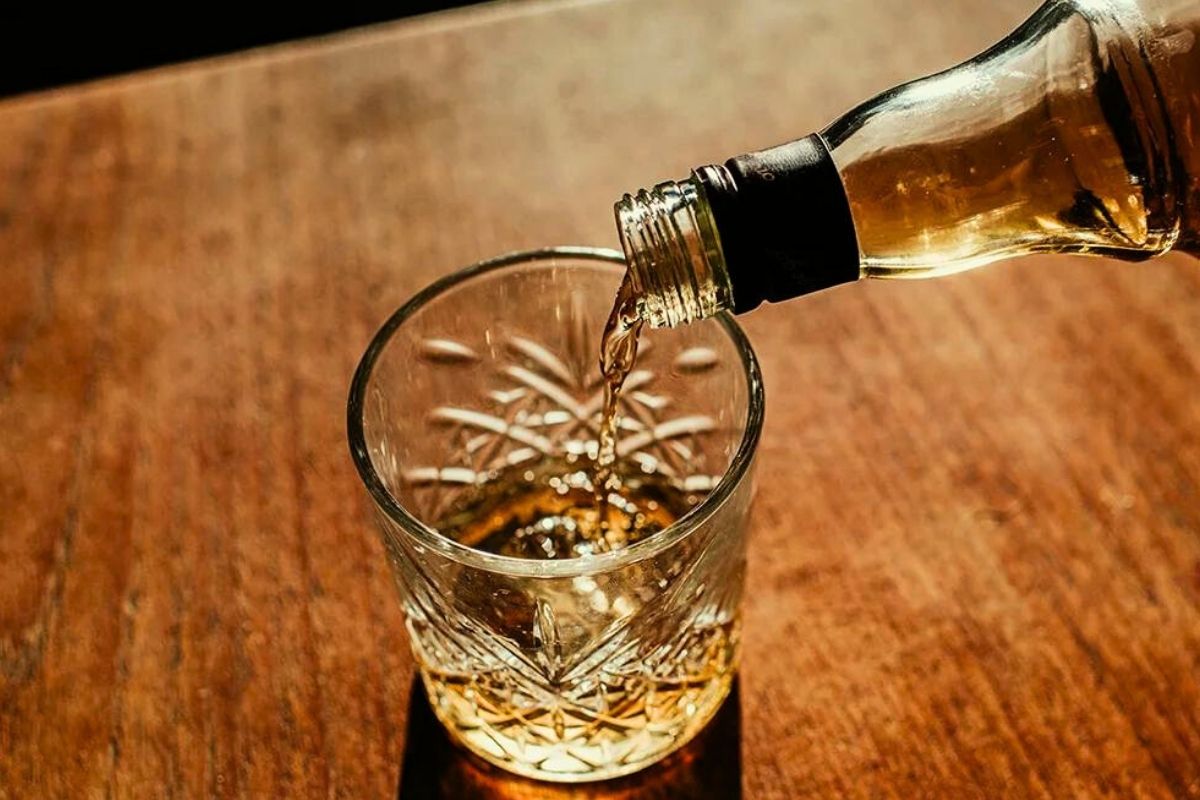

GUWAHATI: In a historic decision, Manipur has bid farewell to its three-decade-long status as a dry state, as the state government lifted the ban on liquor on December 4. This monumental move comes more than a year after the government had initially eased prohibition measures to stimulate economic growth and address health concerns associated with counterfeit alcohol.
The official announcement was made through a gazette notification on Wednesday, providing comprehensive guidelines for the legalisation of liquor. The ban had been partially lifted in September of the previous year, allowing for the sale and consumption of alcohol at specific locations such as district headquarters, hotels with a minimum of 20 beds, and the export of locally brewed country liquor.
The ban has now been revoked in various key areas, including Greater Imphal areas, district headquarters, tourist locations within the state, and registered hotel establishments with a minimum of 20 lodging rooms.
Applauding this decision, the Confederation of Indian Alcoholic Beverage Companies (CIABC), the apex body of the Indian alcoholic beverages industry, commended the Manipur government’s move. The CIABC reiterated its appeal to the Bihar government to reconsider its stance on prohibition, emphasising the potential economic benefits and the prevention of illicit alcohol trade and hooch-related tragedies.
According to industry estimates, Manipur stands to gain annual tax revenues exceeding Rs 600-700 crore, providing significant support in curbing the illegal sale of liquor and the proliferation of drug-related issues.
CIABC Director General, Mr. Vinod Giri, commenting on the development, told The New Indian, “By ending over three-decade-long prohibition, the Manipur government has taken a positive step forward which would not only earn Rs 600-700 crore as annual tax revenues but also help tackle the menace of the sale of illegal liquor and the spread of drugs. It is going to give a major fillip to the state’s economic growth.”
In the context of indigenous spirits like Sekmai, Phayeng, and Andro prevalent in Manipur, indigenous wine entrepreneur Akash Gogoi emphasised the importance of legalisation in ensuring the safety of alcohol. However, he noted that indigenous spirits would likely continue to coexist with legalised alternatives.
Also Read: CBI brings back rape accused from Abu Dhabi, 26th wanted criminal extradited from abroad
“Legalisation is a catch-22 situation. Lack of availability reduces usage but it might also lead to illegal consumption and black market. Indigenous spirits such as Sekmai, which are packaged and sold will also continue to exist and this legalisation will not have that much impact,” Gogoi remarked.
While the move received positive reactions, the Kuki-hills tribe voiced opposition to the decision. COTU, a prominent organisation from Kangpokpi, asserted that Manipur should remain a dry state, expressing concerns about the potential negative impact on the younger generation.
“The government is always raising concerns against narco things, but now they want the people to indulge in alcohol. it should be a dry state. This will spoil the youngsters,” said Thanglen Kipgen, COTU. On being asked, if this move would keep a check on the unlawful trade of poor-quality alcohol, he added that there are other ways to do business.